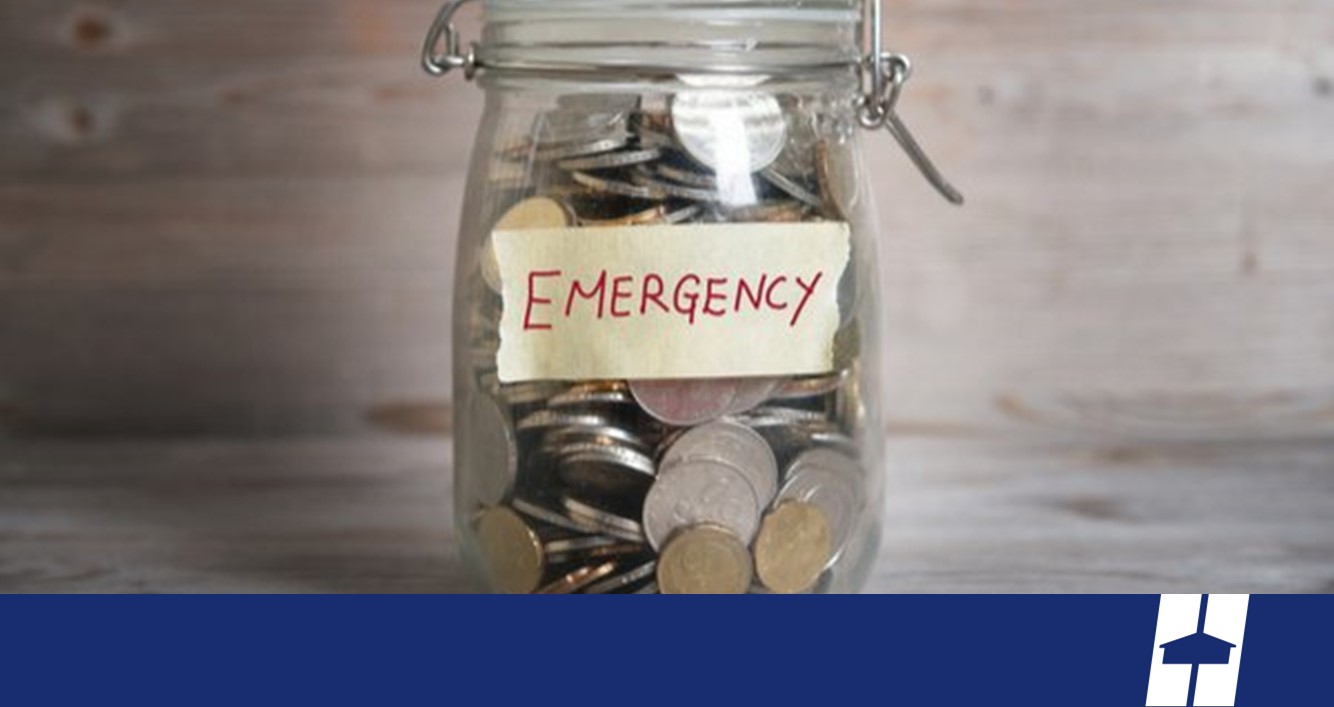

Louisianans at all income levels have experienced the challenges of rebuilding their lives after a disaster or other emergency. In these stressful times, having access to personal financial, insurance, medical and other records is crucial for starting the recovery process quickly and efficiently.
Gather financial and critical personal, household, and medical information.
Consider saving money in an emergency savings account that could be used in any crisis. Keep a small amount of cash at home in a safe place. It is important to have small bills on hand because ATMs and credit cards may not work during a disaster when you need to purchase necessary supplies, fuel, or food.
Obtain property (homeowners or renters), health, and life insurance if you do not have them. Not all insurance policies are the same. Review your policy to make sure the amount and types of coverage you have meets the requirements for all possible hazards. Homeowners' insurance does not typically cover flooding, so you may need to purchase flood insurance from the National Flood Insurance Program.
Store important documents either in a safety deposit box, an external drive or on the cloud to make them easy to access during a disaster.
Take time now to safeguard these critical documents.
A disaster can disrupt mail service for days or weeks. If you depend on Social Security or other regular benefits, switching to electronic payments is a simple, significant way to protect yourself financially before disaster strikes. It also eliminates the risk of stolen checks. The U.S. Department of the Treasury recommends two safer ways to get federal benefits:
©2026 HOLMES BUILDING MATERIALS